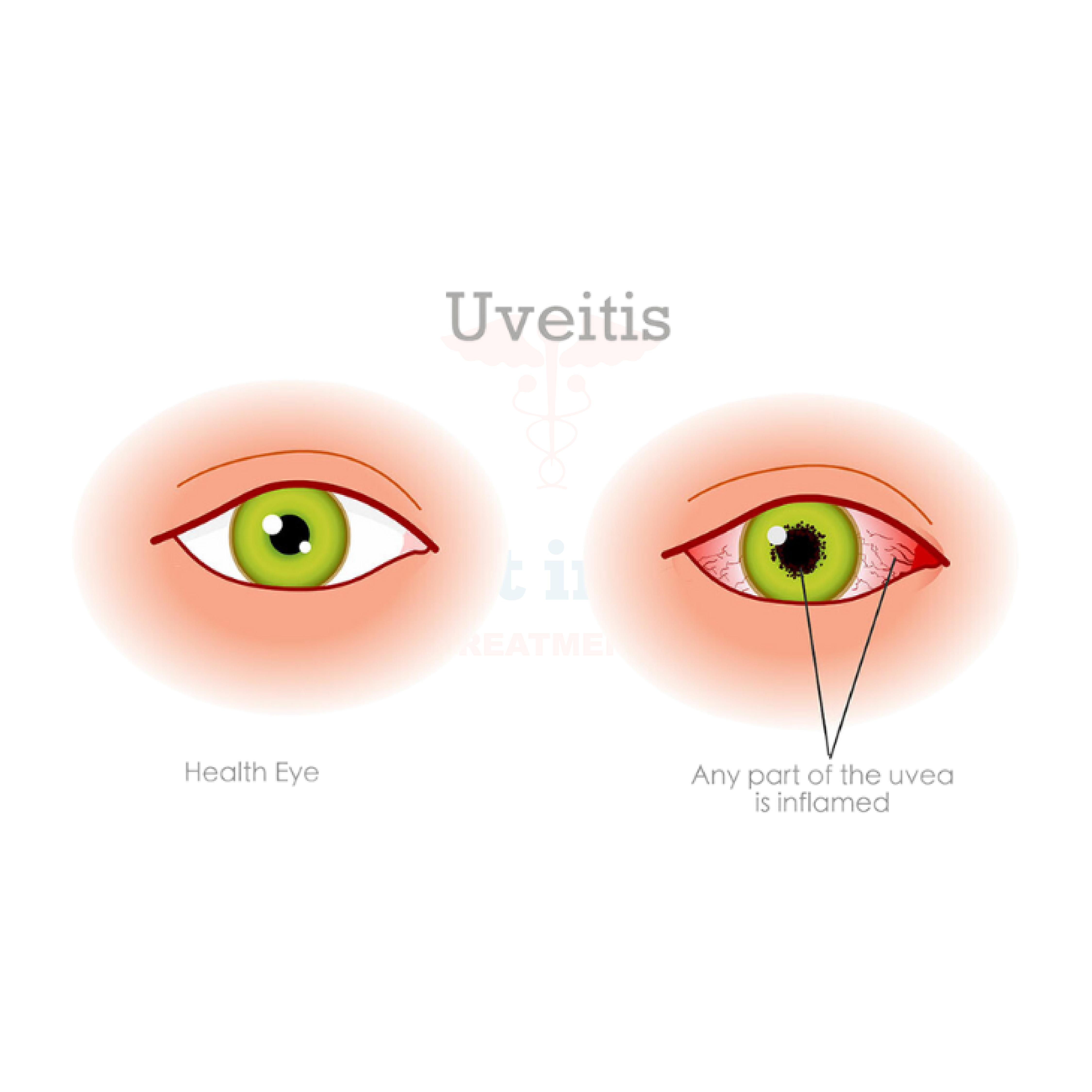Uveitis Treatment in Germany
What Is Uveitis?
Uveitis refers to inflammation inside your eye, typically due to an overactive immune response. Uveitis can occur when your immune system fights an eye infection or mistakenly attacks healthy eye tissue. It can affect different parts of the eye, including the anterior (front), intermediate, posterior (back), or the entire eye. It may lead to pain, redness, sensitivity to light, or even vision loss if not treated promptly.
Causes of Uveitis
Understanding the root causes can enhance effective diagnosis and treatment plans. The main causes of uveitis include the following factors:
Symptoms of Uveitis
If you experience any of the following symptoms, consider consulting a specialist to address potential issues early on:
Persistent pain and redness in one or both eyes.
Increased sensitivity to light (photophobia).
Floaters or dark spots in your vision.
Reduced or blurred vision over time.
A sudden change in vision, such as flashes or blackouts.
Diagnosis of Uveitis
Accurate diagnosis is the first step towards effective treatment. Early diagnosis ensures better management and prevents long-term complications. Here’s how specialists confirm the condition:
Treatment for Uveitis
Receiving treatment at the right time significantly enhances outcomes for patients with uveitis. Available treatments include the following options:
Prevention and Management
Although complete prevention may not always be possible, managing uveitis proactively can help reduce symptoms and flare-ups. Recommendations include the following actions:
Why Choose Treatment in Germany?
Germany offers world-class care and innovative solutions for treating uveitis under expert supervision. Key advantages include the following benefits:
Conclusion
Uveitis can be disruptive, but effective treatment exists to help you regain both your vision and quality of life. Choosing the right care for uveitis is a critical step toward restoring your vision and well-being. Trust Germany’s expert medical facilities for the innovative care you deserve. Germany’s top-tier medical expertise, state-of-the-art technology, and patient-centered care make it an unparalleled destination for treatment. Don’t wait—take control of your eye health today. Together, we can pave the way for a brighter, clearer future.
👉 Contact us for further information and receive a complimentary consultation.


.webp)
 (1).webp)

.webp)
 (1).webp)


.webp)
 (1).webp)

.webp)
 (1).webp)
